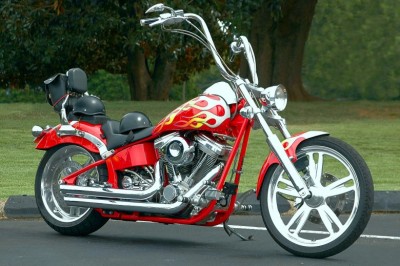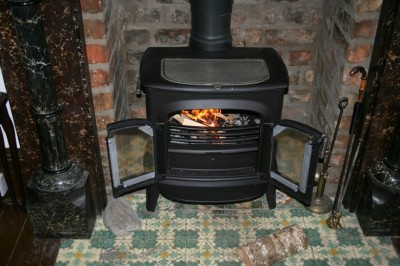Benefit From Knowing Your Electrical Fuse Type
Are you familiar with the type of fuse you need to use? Do you want to know what fuses there are? What type of fuse does your home circuit require? Do you know the different slow acting fuses? Do want a fuse that activates quickly? Do you need to know about fuses? Check out this article to get more fuse information. An electric fuse is a current interrupting device that protects an electrical circuit. It is mounted within the circuit and is activated when excess current, which could damage the circuit, enters the circuit. Fuses are used generally as a conduit between an electrical power source, and an electrical component arranged in an electrical circuit. They are designed for one time use only, hence, once it shuts down a device, it must be replaced. Electrical fuses are part of the electrical systems in cars, trucks, motorcycles, boats and other type of vehicles. They function to stop the flow of electricity to a certain component of the system by making an open circuit, arising from an unsafe electrical condition. There are three basic types of fuses. These are the slow blow, the fast acting fuses and the very fast acting fuses. The other terms for slow blow are time lag and time delay fuses or the TL for time delay fuses. A major type of time delay fuse is the dual-element. It consists of a short circuit strip, spring connection and soldered joint. During current overload, the soldered joints get hot and start to melt. Then the spring shears the junction loose. During short circuit, the short circuit element works to open the circuit. The slow-blow electric fuse allows a temporary and harmless rush of current to move into the circuit without breaking open. Rather it opens on the sustained overloads and short circuits. Slow-blow fuses are ideal for circuits with a transient surge of power. This lets current to continue flowing into the circuit at close to the fuse rating. This prevents the fuse from breaking open and having to be replaced. Usually, they are rated between 125% and 150% of the circuits full load amperes. If you are looking for fuses for home use, the TL fuses are the best choice. Not only are they medium duty; but they are the recommended fuses for home uses. The TL fuses uses an Edison base, while the SL fuses uses a Rejection base. The fast acting fuses are also called S and T fuses. They are heavy duty time delay fuses used for circuits that have critical or high motor loads. An S or T electrical fuse is also used for circuits that have motors which cycle on and off more often like the sump pump. It features longer time delay than the TL fuse. The difference between S and T fuses are their bases. The T fuse uses an Edison base, while the S fuse uses a Rejection base. The very fast acting fuses are also called mini breakers. They are able to convert a fuse to a circuit breaker. A mini breaker electric fuse is a retrofit circuit breaker fuse that screws into an Edison base fuse socket. It is excellent as it converts a fuse into a push-button circuit breaker. The mini breaker electric fuse has a little push button which pops out. Whenever the circuit is overloaded, you just need to reset the fuse by pushing a button. These types of fuses are designed to meet your needs. Check with us at http://www.relectric.com for the electric fuses that you want. We have every type of fuse you could use. We have time delay fuses. We have the class cc rejection fuses. We will supply you with fuses for your customers at Bussmann fuse .


























